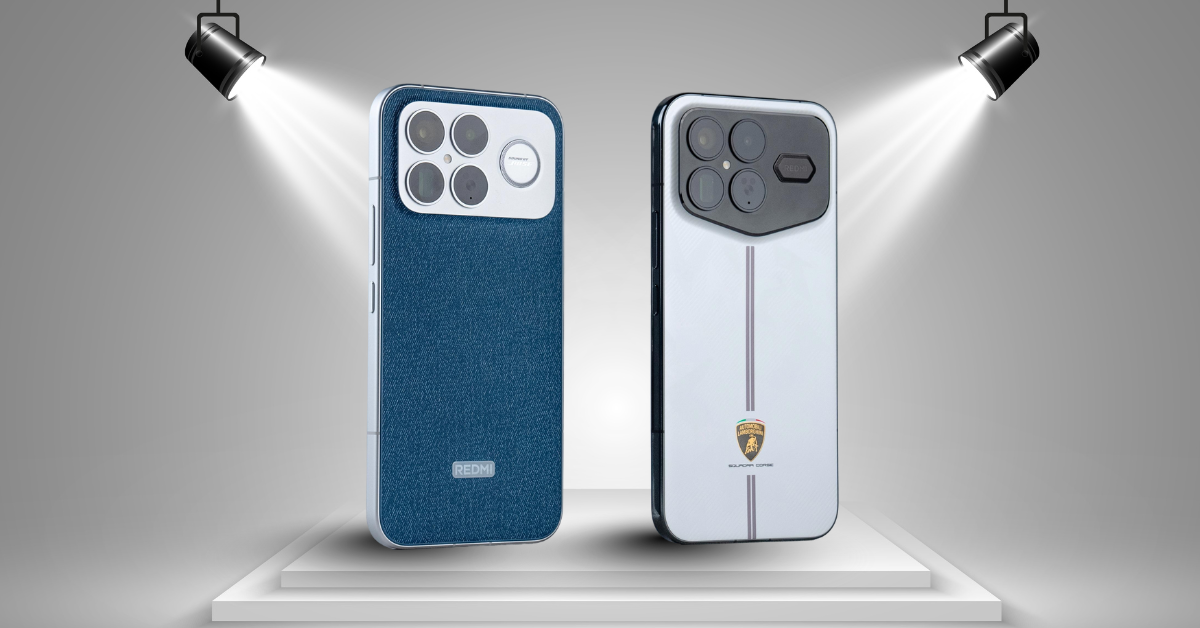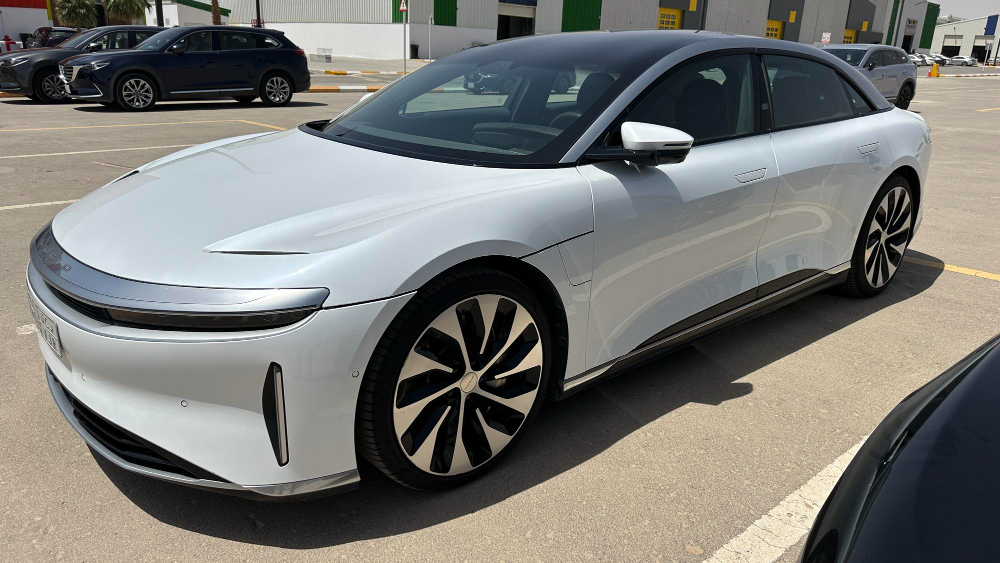Table of Contents
ToggleBold Innovations in Tesla AI Smart Cars
Tesla’s AI Smart Cars is revolutionizing the automotive industry with its latest advancements in artificial intelligence (AI), propelling the concept of smart cars into a new era. The company’s commitment to integrating AI into its vehicles is evident in its Full Self-Driving (FSD) technology, the Dojo supercomputer, and the upcoming Cybercab robotaxi. These innovations are not just incremental improvements; they represent a fundamental shift in how we perceive and interact with vehicles.
The Core of Tesla AI Smart Cars: Full Self-Driving (FSD)
At the heart of Tesla’s AI smart cars is the Full Self-Driving (FSD) system. Unlike traditional driver-assistance systems, FSD aims for Level 5 autonomy, where the vehicle can operate without human intervention under all conditions. Tesla’s approach relies on a vision-based system using cameras and neural networks, eschewing the LiDAR technology favored by some competitors. This strategy allows Tesla to process real-world data more efficiently, enabling the vehicle to make complex driving decisions.
The FSD system is continually updated through over-the-air software updates, ensuring that Tesla AI smart cars improve over time. These updates incorporate data from Tesla’s vast fleet, allowing the AI to learn from a wide array of driving scenarios. This real-world data collection is a significant advantage, providing Tesla with a rich dataset to refine its AI algorithms.
Dojo Supercomputer: Powering the Intelligence Behind the Wheel
To support the immense computational demands of FSD, Tesla has developed the Dojo supercomputer. Dojo is designed to process vast amounts of video data from Tesla vehicles, training the neural networks that power autonomous driving. This in-house supercomputer enables Tesla to accelerate the development of its AI capabilities, making Tesla AI smart cars more responsive and reliable.Dojo’s architecture is optimized for AI workloads, allowing it to handle the complex tasks required for autonomous driving. By leveraging Dojo, Tesla can process data more efficiently, leading to faster improvements in vehicle performance and safety.
Cybercab Robotaxi: The Future of Ride-Hailing
Tesla’s vision for AI smart cars extends beyond personal ownership. The upcoming Cybercab robotaxi represents a significant step toward a future where autonomous vehicles provide ride-hailing services. Designed without a steering wheel or pedals, the Cybercab is built from the ground up for autonomy. Tesla plans to deploy these vehicles in select cities, offering a glimpse into a world where transportation is more accessible and efficient.
The Cybercab leverages Tesla’s FSD technology and Dojo supercomputer, ensuring that it can navigate complex urban environments safely. This initiative not only showcases Tesla’s technological prowess but also its commitment to redefining mobility through AI.
Hardware 4: Enhancing the Capabilities of Tesla AI Smart Cars
Tesla’s Hardware 4 (HW4) is the latest iteration of its onboard computer system, providing the necessary processing power for advanced AI functions. HW4 features improved sensors and increased computational capabilities, enabling Tesla AI smart cars to process data more quickly and accurately. This hardware upgrade is crucial for supporting the demands of FSD and other AI-driven features.
With HW4, Tesla vehicles can better interpret their surroundings, make more informed decisions, and respond to dynamic driving conditions. This enhancement ensures that Tesla AI smart cars remain at the forefront of autonomous vehicle technology.
The Broader Impact of Tesla AI Smart Cars
Despite the promise of Tesla AI smart cars, several challenges remain. Regulatory hurdles, public skepticism, and the need for robust safety measures are critical factors that Tesla must address. Ensuring that AI systems can handle the unpredictability of real-world driving is essential for gaining public trust and achieving widespread adoption.
Tesla continues to work closely with regulators and invests heavily in testing and validation to ensure that its AI systems meet the highest safety standards. Transparency in reporting and ongoing engagement with stakeholders are key components of Tesla’s strategy to overcome these challenges.
Conclusion
Tesla’s latest AI technologies are not just incremental improvements; they represent a transformative approach to transportation. By integrating advanced AI systems like FSD, leveraging powerful computing resources like the Dojo supercomputer, and developing purpose-built vehicles like the Cybercab, Tesla is redefining what it means to drive. As these technologies mature, Tesla AI smart cars are poised to become a central feature of modern mobility, offering safer, more efficient, and more accessible transportation options for all.
Step-by-Step Windows 12 Installation Guide
Redmi K90 Champion Edition Battery Test and Charging Speed Review
Redmi K90 Champion: The Ultimate 2025 Gaming Phone
Redmi K90 Champion Edition: Flagship Power at Its Best
Launch Iphone 17 Pro Max: Review Specs and Features
Toyota Fortuner Hybird 2025 Price, Features, Mileage, Interiors and Exterior
Share








